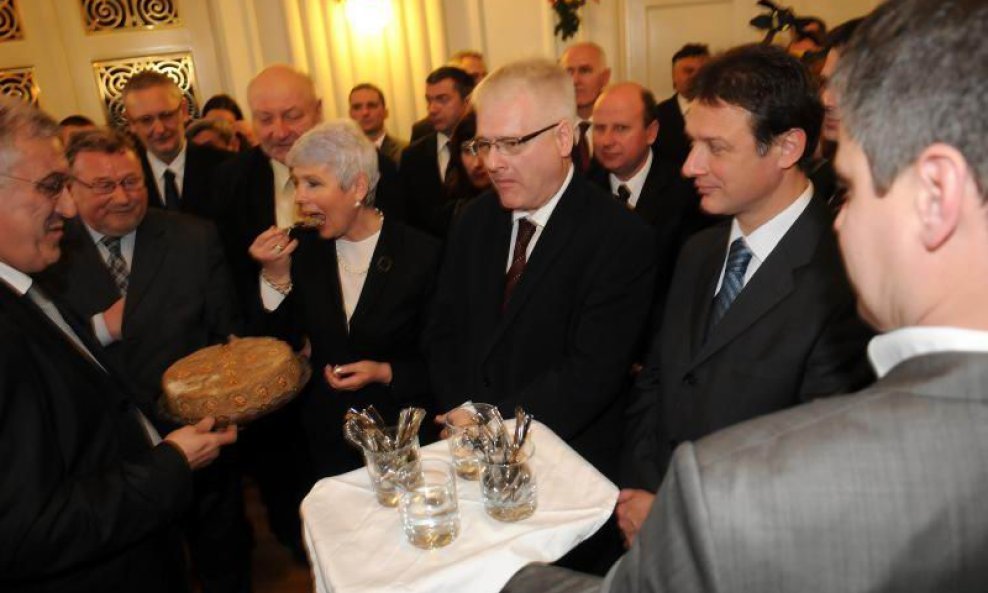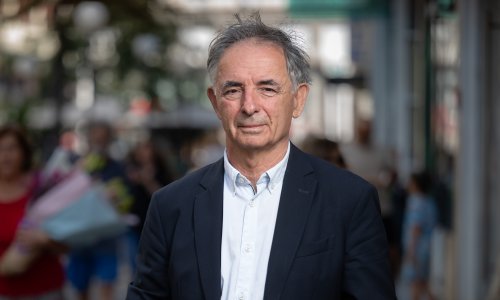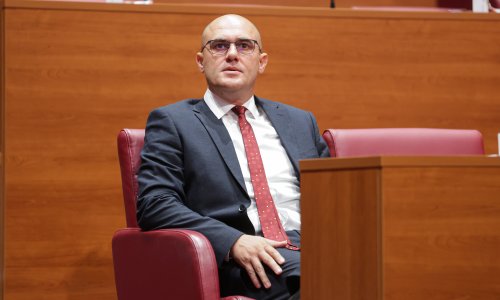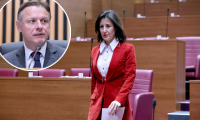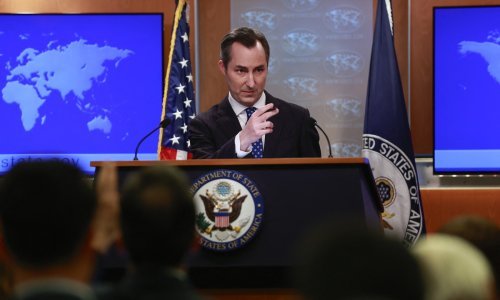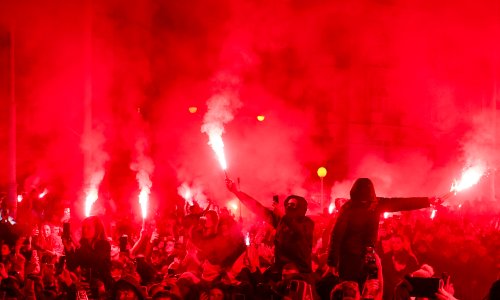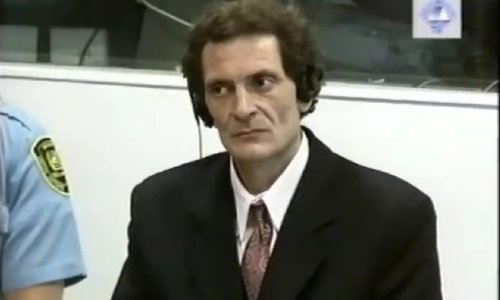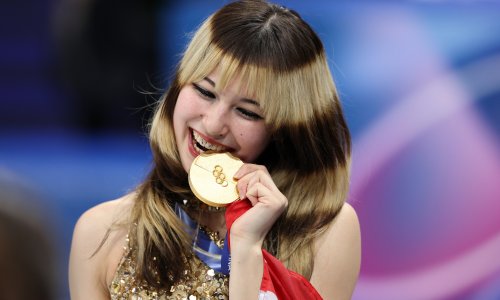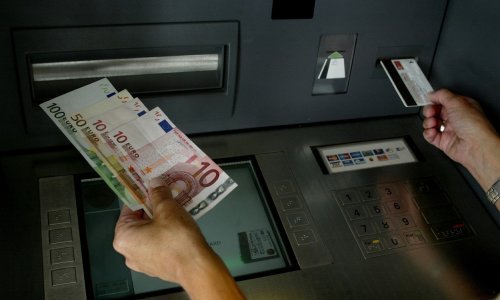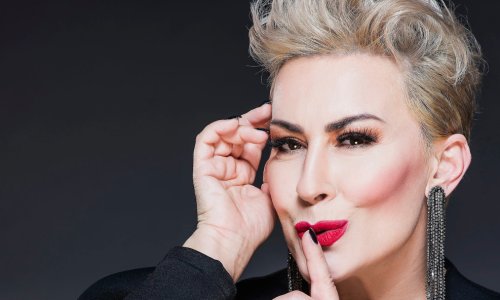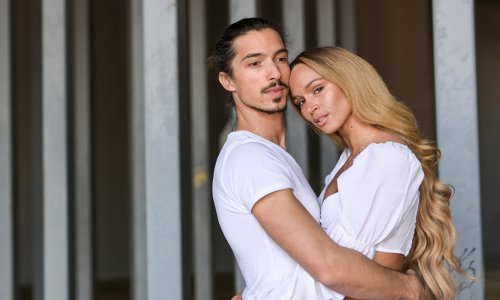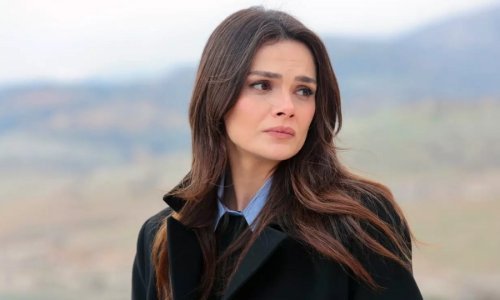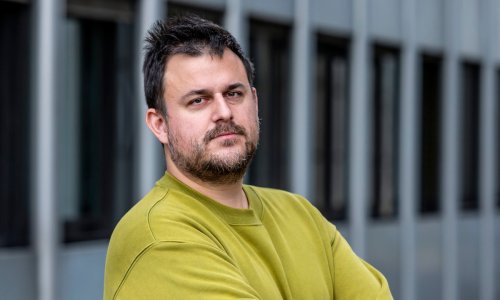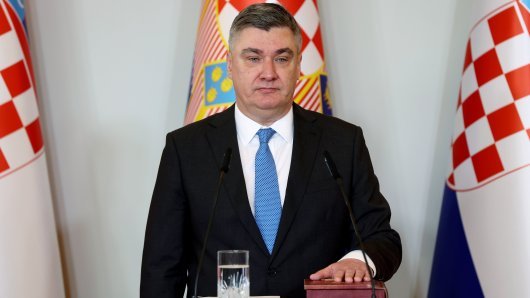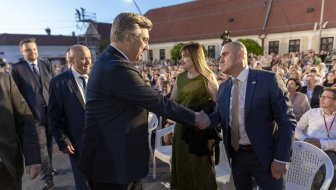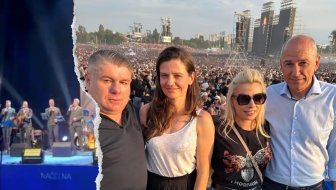President Ivo Josipovic, Prime Minister Jadranka Kosor and Deputy Speaker of Parliament Vladimir Seks on Wednesday attended a reception given by the Serb National Council (SNV) for Orthodox Christmas, which the Christian Orthodox faithful celebrate according to the Julian calendar on January 7.
Josipovic said that Croatia, after entering the European Union, should seek to preserve its national identity and at the same time the national identity of its minorities, primarily the Serbs, who made a significant contribution in the creation of the Croatian national identity through their culture, science and education.
Josipovic said that Croatia should be a model in the observance of human and minority rights, adding that Croatian history showed that Croatia's destiny was defined by relations between the Croats and the ethnic minorities in the country. "The struggle for human rights is a struggle for a more just Croatia," he said.
Josipovic said that last year his office and the government, as co-creators of foreign policy, had done a lot in improving relations with Croatia's neighbours, paving the way for the resolution of outstanding issues. Here he cited a great contribution made by the Serb minority in dealing with issues relating to the 1991-1995 war which affected Croat-Serb relations.
"We believe that this generation of politicians can close those issues rather than leave them to future generations, for which it would be much harder to deal with them. We are opening the door to cooperation and trust and are making these relations irreversibly better," the President said.
Josipovic said that 2010 had been a tough year for a lot of people, especially those who had strongly felt all the negative consequences of the economic crisis, but that it had also been a turning point because of the great progress made towards EU membership and the crackdown on corruption and organised crime, which he said brought Croatia closer to being a just society.
Prime Minister Kosor concurred, stressing that a foundation had been laid to bring the work that needed to be done this year to a successful completion to the satisfaction of all citizens. She reiterated that she expected all policy areas in Croatia's EU membership talks to be closed this spring so that negotiations could be concluded by the middle of the year.
Like Josipovic, Kosor also emphasised Croatia's strong commitment to helping its neighbours in the Euro-Atlantic integration processes.
Kosor said that her government had the strong support of political representatives of the Serbs in Croatia, notably the Independent Democratic Serb Party (SDSS) as a member of the ruling coalition. She thanked the SNV president and SDSS vice-president, Milorad Pupovac, for supporting her and the government in taking tough and sensitive decisions.
Kosor said she expected major progress in the economic recovery of Croatia in 2011, in reducing unemployment, increasing living standards, and continuing the uncompromising fight against corruption, which she said was a fight for fundamental human rights. "In that fight no one should get tired, become frightened and give up."
"I wish this Christmas time would give us additional encouragement to be better, to respect each other more and to be more understanding," Kosor said, wishing all those present and all the Orthodox faithful a merry Christmas and greeting them with the traditional Christian Orthodox greeting "Christ is born!"
Deputy Speaker of Parliament Seks praised the Serb community for its contribution to the democratisation of Croatia, citing the efforts in that regard by the SDSS and Pupovac. He said that the quality of Croat-Serb relations was crucial for the stability of Croatia and its democracy.
Seks said that the SDSS members of Parliament had played an important role in 2010 in attaining the goals laid down in the Constitution, notably those concerning human and minority rights and the equality of all before the law.



